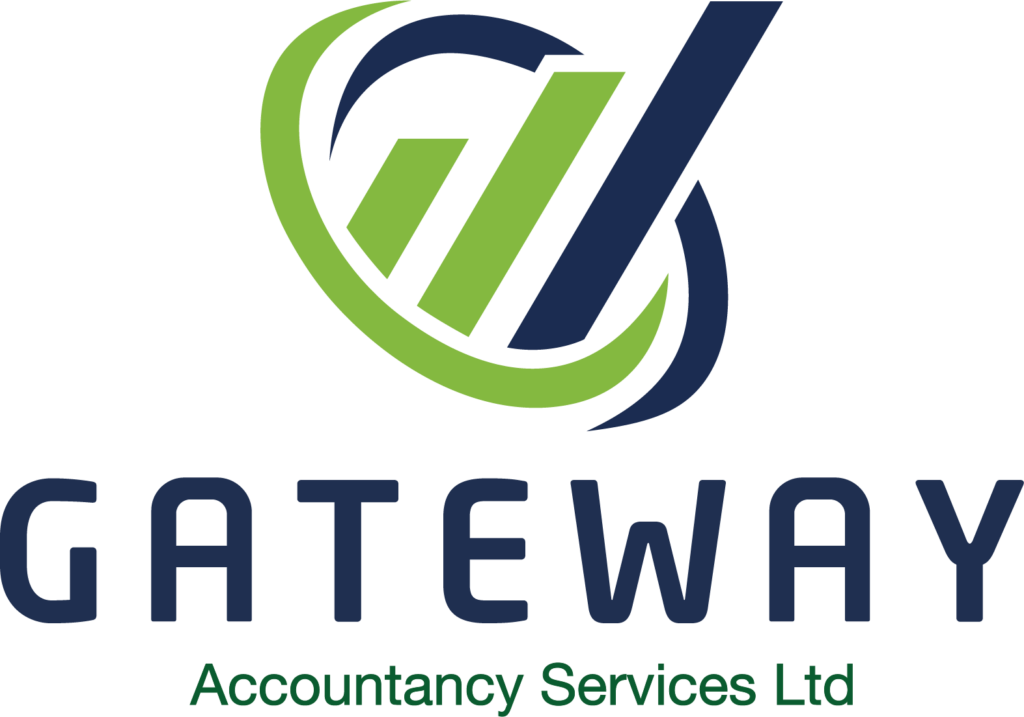
Have you ever considered a career as an accountant? Accounting is a stable and lucrative field in high demand across countless industries. With strong job prospects and excellent earning potential, becoming a professional accountant is a worthwhile investment in your future.
This comprehensive guide will walk you through the step-by-step process of qualifying as an accountant. We’ll cover:
By the end, you’ll understand exactly what it takes to launch a successful career as an accountant!
The first step to becoming an accountant is gaining the proper educational qualifications. There are a few different routes, but all involve attaining a university degree or professional certification.
Undergraduate Degrees
Most candidates start by completing an undergraduate bachelor’s degree in a relevant field such as:
An accounting-focused degree will provide you with core knowledge on topics like financial reporting, management accounting, assurance, taxation, and more. This establishes a strong foundation before moving into professional certification.
Apprenticeships
Another option to gain accounting qualifications is through an apprenticeship program. Accounting apprenticeships allow you to work for an employer while also completing your professional certifications through part-time study. You get paid work experience and have your course fees covered by the employer. Large accounting firms like PwC, Deloitte, KPMG and EY all offer ACA or ACCA apprenticeship programs. Other companies also provide apprenticeships that lead to NVQ qualifications in accounting. This earn-while-you-learn route can be an attractive alternative to full-time university if you want to kickstart your accounting career.
The next requirement is obtaining a formal accountancy qualification from one of the following accredited professional bodies:
We’ll explore the differences between these certifications next.
This covers the essential educational basis for becoming an accountant. Next, we’ll look closer at the different credentialing options and how to choose between them.
The step is deciding which professional certification to pursue. The four most common options are AAT, ACA, ACCA and CIMA.
Here’s an overview of each credentialing program and what you need to know to determine the best fit:
AAT Qualifications
ACA Qualification
ACCA Qualification
CIMA Qualification
As you can see, each certification has its own focus and advantages. Choosing between ACA, ACCA, CIMA and AAT will depend on your career aspirations and specialisation preferences.
For example, those interested in audit would benefit from ACA or ACCA. But those pursuing management accounting may favour CIMA. Review the topics covered in each to determine the best fit.
The time commitment and exam structure can also influence your decision. With self-paced studying, ACCA offers the most flexibility, while ACA provides structured training.
Thinking through these factors will help you select the ideal accounting qualification to match your goals.
A key requirement for completing ACA or CIMA certification is gaining practical work experience. This usually takes the form of a training agreement or internship.
Here are some tips for securing relevant accounting experience:
With proactive preparation and persistence, you can obtain the work experience needed to become a certified accountant.
Once you’ve obtained your ACA, ACCA, or CIMA certification, a wide range of accounting career paths become available. Here are some of the top industries and roles for qualified accountants:
In the UK, accountants earned a median salary of £35,000 in 2022, with experienced certified accountants earning £55,000+ at the higher end. The field also has strong long-term growth – jobs for accountants are projected to rise 10% by 2028.
With your credentials, you can launch your accounting career in a specialty that matches your interests and talents. Ongoing learning and certifications like MBA can help you continue advancing.
Becoming an accountant requires dedication but provides immense opportunity for professional growth and job stability. Follow this guide to:
Take it step by step, and before you know it, you’ll have the education, skills, and credentials needed to embark on a rewarding accounting career.
